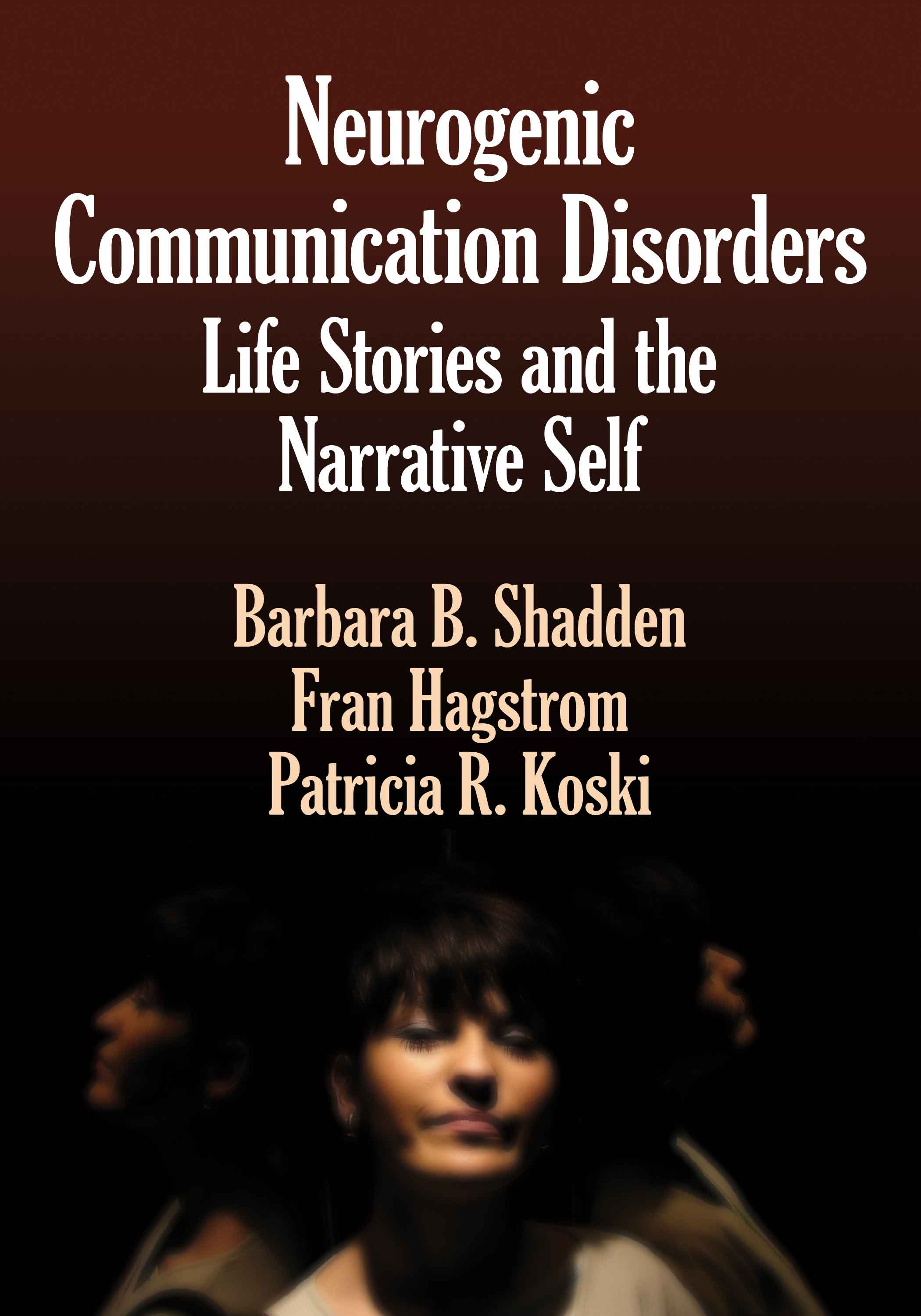
Neurogenic Communication Disorders: Life Stories and the Narrative Self
First Edition
Barbara B. Shadden, Fran Hagstrom, Patricia R. Koski
Details: 257 pages, B&W, Softcover, 7" x 10"
ISBN13: 978-1-59756-136-5
© 2008 | Available
For Instructors
Purchase
There is currently considerable focus on psychosocial issues for persons with aphasia and their significant others. However, there has been little unifying work that brings diverse interdisciplinary perspectives together to understand the impact of aphasia and other neurogenic communication disorders on the social construction and mediation of self or identity. In this book, the authors explore this idea of social construction of self as it relates to the human need to create, share, and modify life stories, particularly when confronting major life changes. Their premise is that impaired communication can have a profound impact on one's perception of self and one's ability to negotiate the social reconstruction of self in the context of a neurological disorder. The nature and extent of impact varies, as seen in the book's in-depth examination of narrative self for persons living with aphasia, ALS, Parkinson's disease, and dementia, as well as those aging without impairment. The authors present theoretical grounding for using the concepts of self and the idea of a social and cultural tool kit that enables clients to interact with others and to define themselves in the context of those around them. The text moves from theory to qualitative analyses of living with neurogenic disorders to implications for clinical interventions for individual clients and their significant others.
Reviews
"The authors have made a daring and commendable attempt to translate important concepts of narrative and self into the clinical realm of speech-language pathology. For readers and researchers interested in exploring the literature on narrative precesses and self, the content and the exhaustive reference will be helpful."
—Lynn Elwood, MHSc, Canadian Journal of Speech-Language Pathology and Audiology (2009)
"[Four chapters] help the reader to consider issues surrounding the negotiation and preservation of self with groups of people who would frequently avail of a SLT service and addresses issues about how personhood, self and construction of identity should contextualize therapy rather than the impairment alone. ... I would recommend this text to both practicing SLTs and to SLTs in training as it provides a way for us to articulate much of the work we do that is seldom recognized. ... It challenges us to develop systematic ways to track change when the focus is on this complex yet important area of our work which defies quantification."
—Rozanne Barrow, UPDATE, a publication of the Irish Association of Speech and Language Therapists (2009)
- CONTENTS
- Preface
- Acknowledgments
- INTRODUCTION TO SECTION I
- Chapter 1
Clinical Practices and the Narrative Self - Chapter 2
Neurogenic Communication Disorders
- Chapter 1
- INTRODUCTION TO SECTION II
- Chapter 3
The Self - Chapter 4
Narrative Processes - Chapter 5
Life Stories across the Life Span:Considering Time
- Chapter 3
- INTRODUCTION TO SECTION III
- Chapter 6
Life Stories in ALS - Chapter 7
Life Stories in Parkinsons Disease - Chapter 8
Life Stories in Aphasia - Chapter 9
Life Stories in Dementia
- Chapter 6
- INTRODUCTION TO SECTION IV
- Chapter 10
Postmodernism and the Story of the Self:A Call to Action - Chapter 11
A Sociocultural Approach to Clinical Action - Chapter 12
Supporting the Narrative Self
- Chapter 10
- References
- Index
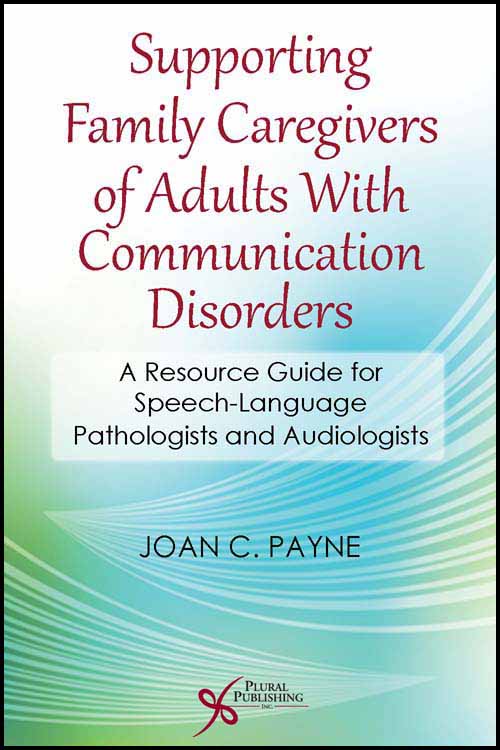
Supporting Family Caregivers of Adults With Communication Disorders: A Resource Guide for Speech-Language Pathologists and Audiologists
First Edition
Joan C. Payne
Details: 304 pages, B&W, Softcover, 6" x 9"
ISBN13: 978-1-59756-502-8
© 2015 | Available
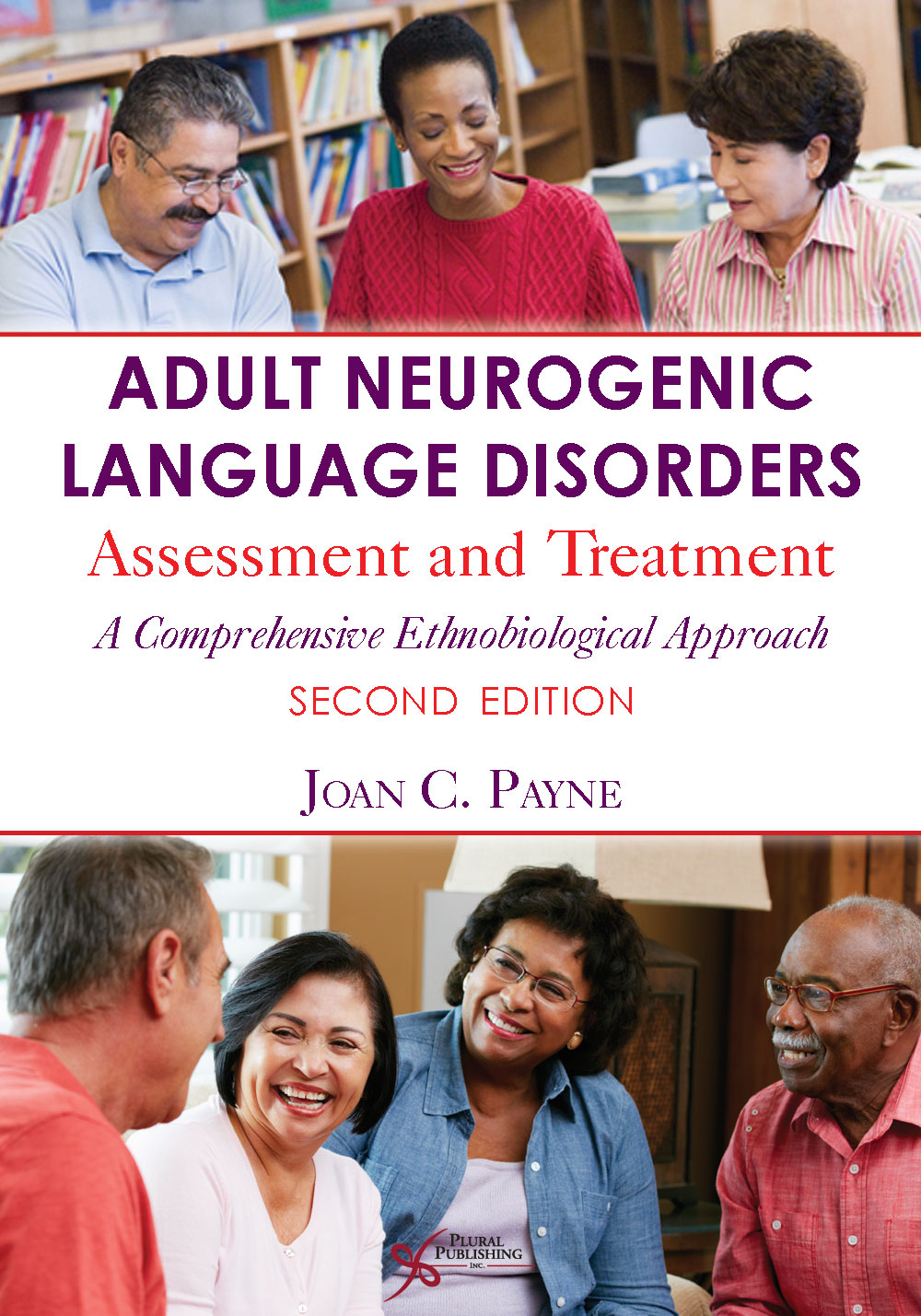
Adult Neurogenic Language Disorders: Assessment and Treatment. A Comprehensive Ethnobiological Approach
Second Edition
Joan C. Payne
Details: 392 pages, B&W, Softcover, 7" x 10"
ISBN13: 978-1-59756-503-5
© 2014 | Available
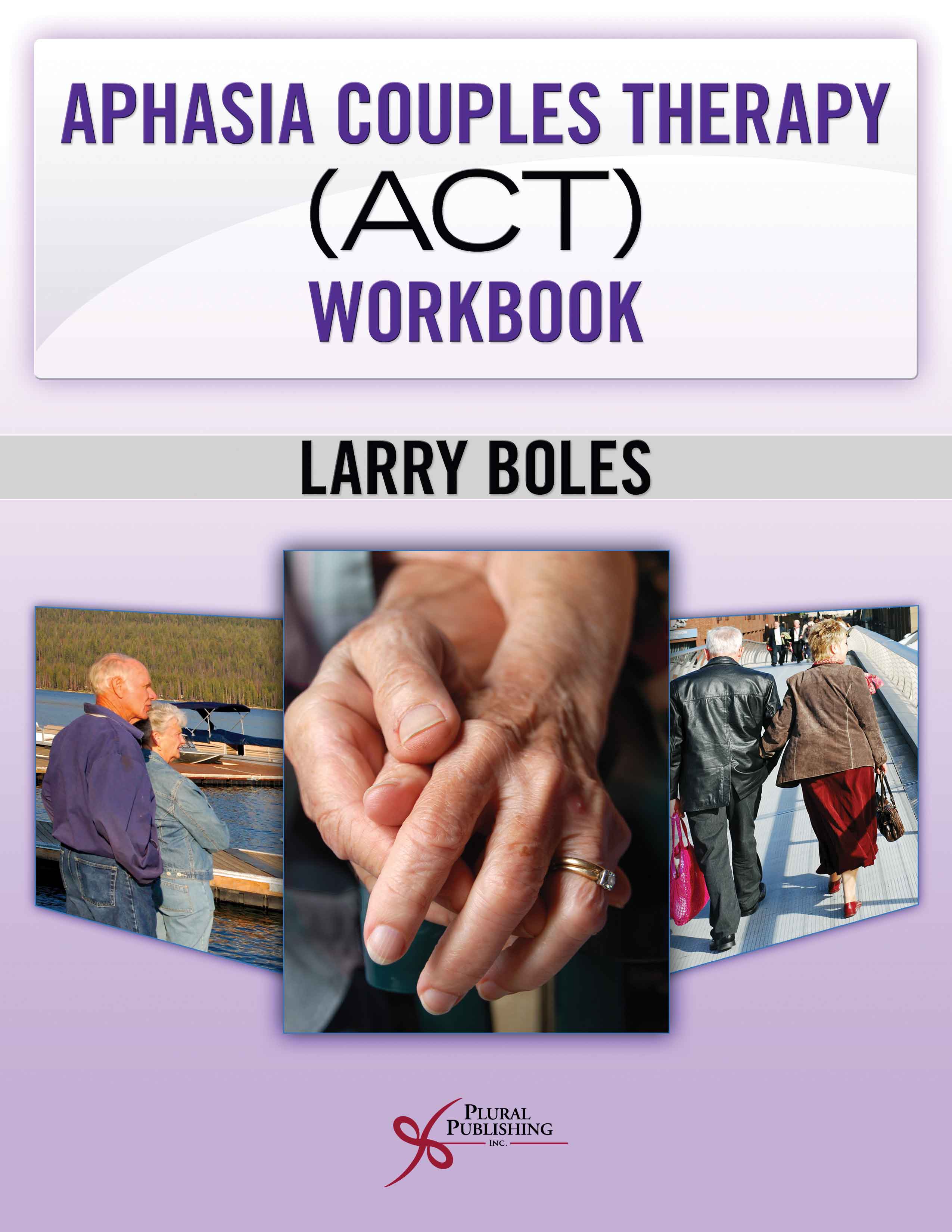
Aphasia Couples Therapy (ACT) Workbook
First Edition
Larry Boles
Details: 132 pages, B&W, Softcover, 8.5" x 11"
ISBN13: 978-1-59756-352-9
© 2010 | Available

Aphasia Couples Therapy Workbook Bundle
First Edition
Larry Boles
Details: 660 pages, B&W, Softcover, 8.5" x 11"
ISBN13: 978-1-59756-396-3
© 2010 | Available
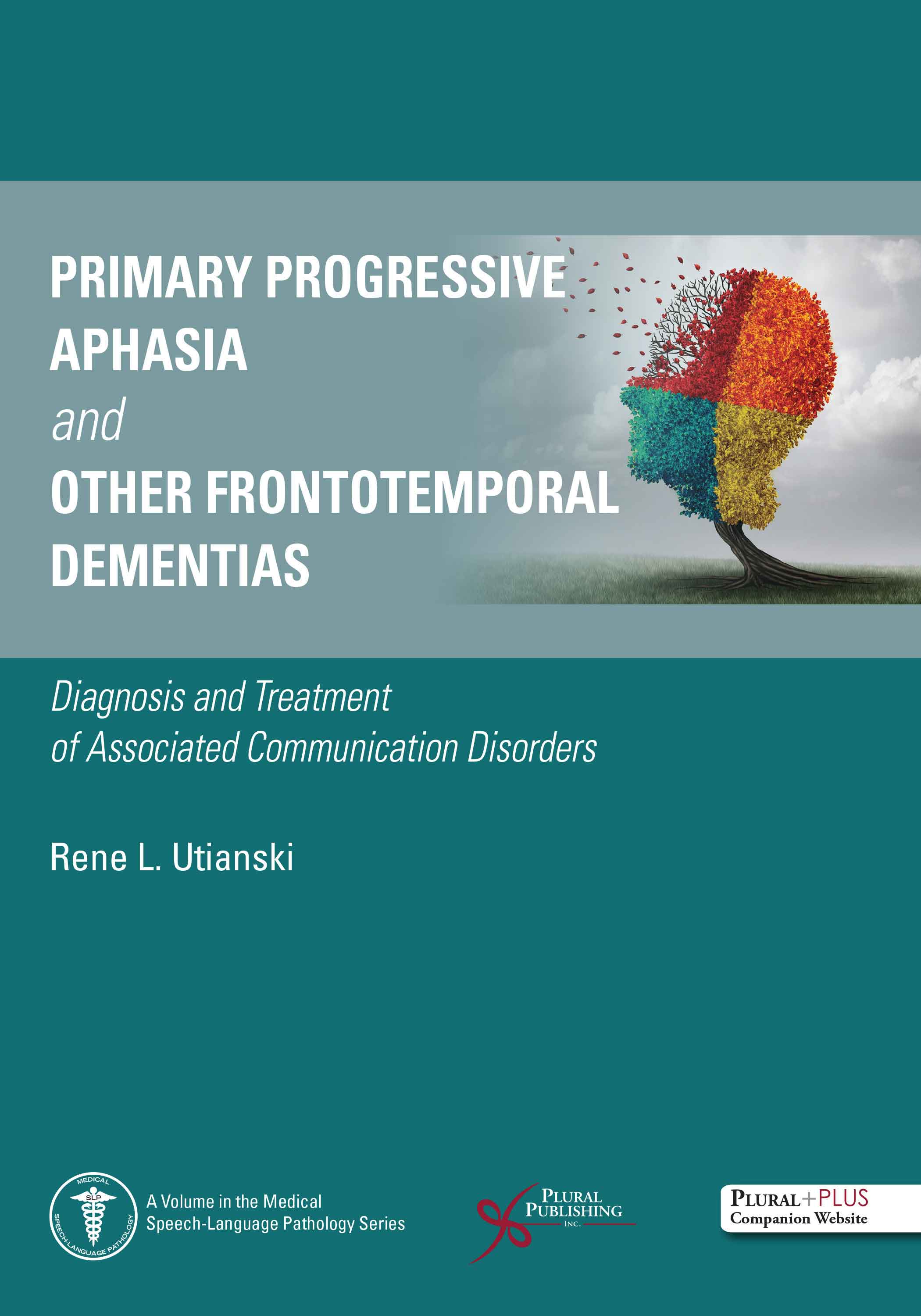
Primary Progressive Aphasia and Other Frontotemporal Dementias: Diagnosis and Treatment of Associated Communication Disorders
First Edition
Rene L. Utianski
Details: 188 pages, B&W, Softcover, 7" x 10"
ISBN13: 978-1-63550-160-5
© 2020 | Available
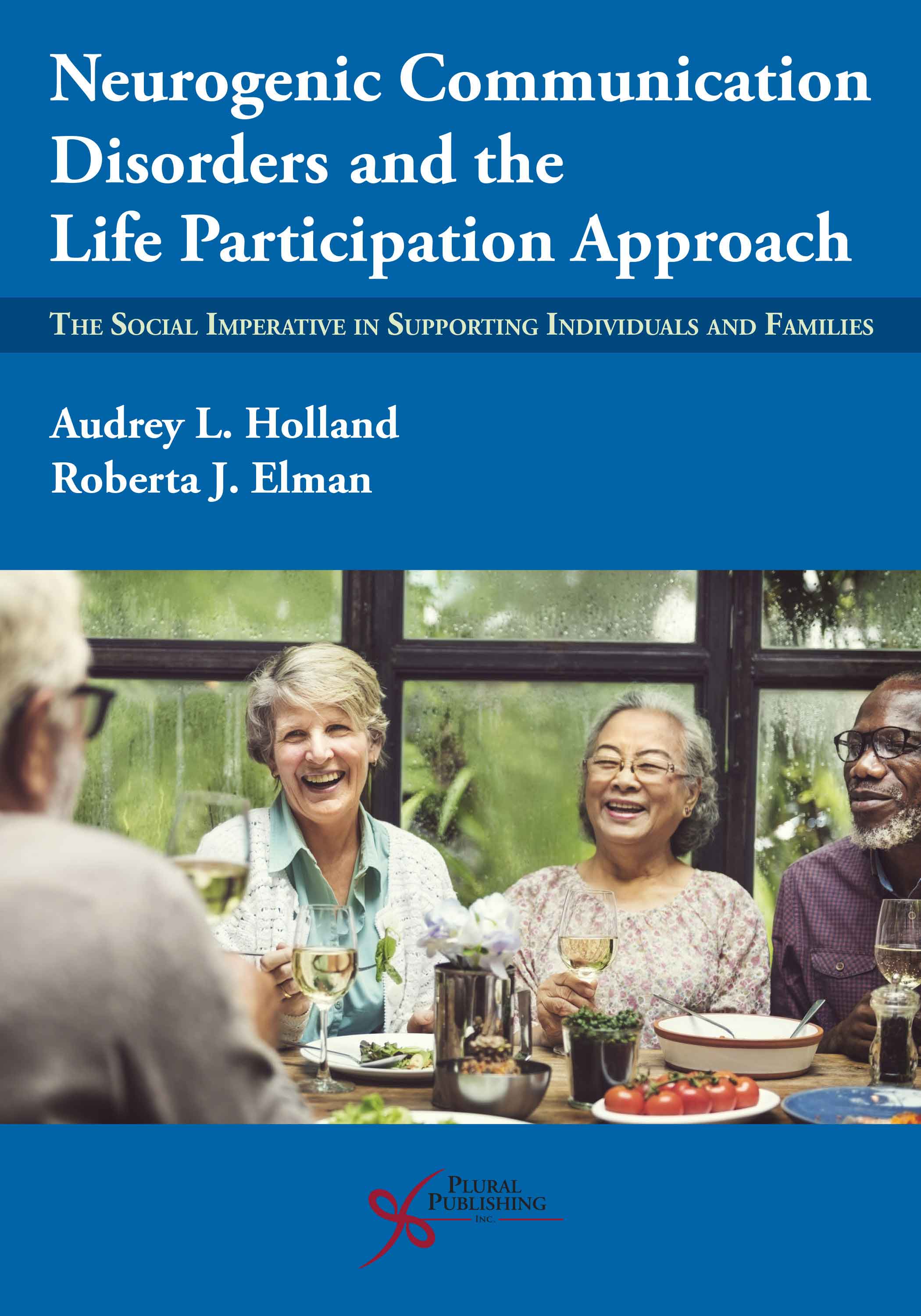
Neurogenic Communication Disorders and the Life Participation Approach: The Social Imperative in Supporting Individuals and Families
First Edition
Audrey L. Holland, Roberta J. Elman
Details: 242 pages, Softcover, B&W, 6" x 9"
ISBN13: 978-1-63550-295-4
© 2021 | Available
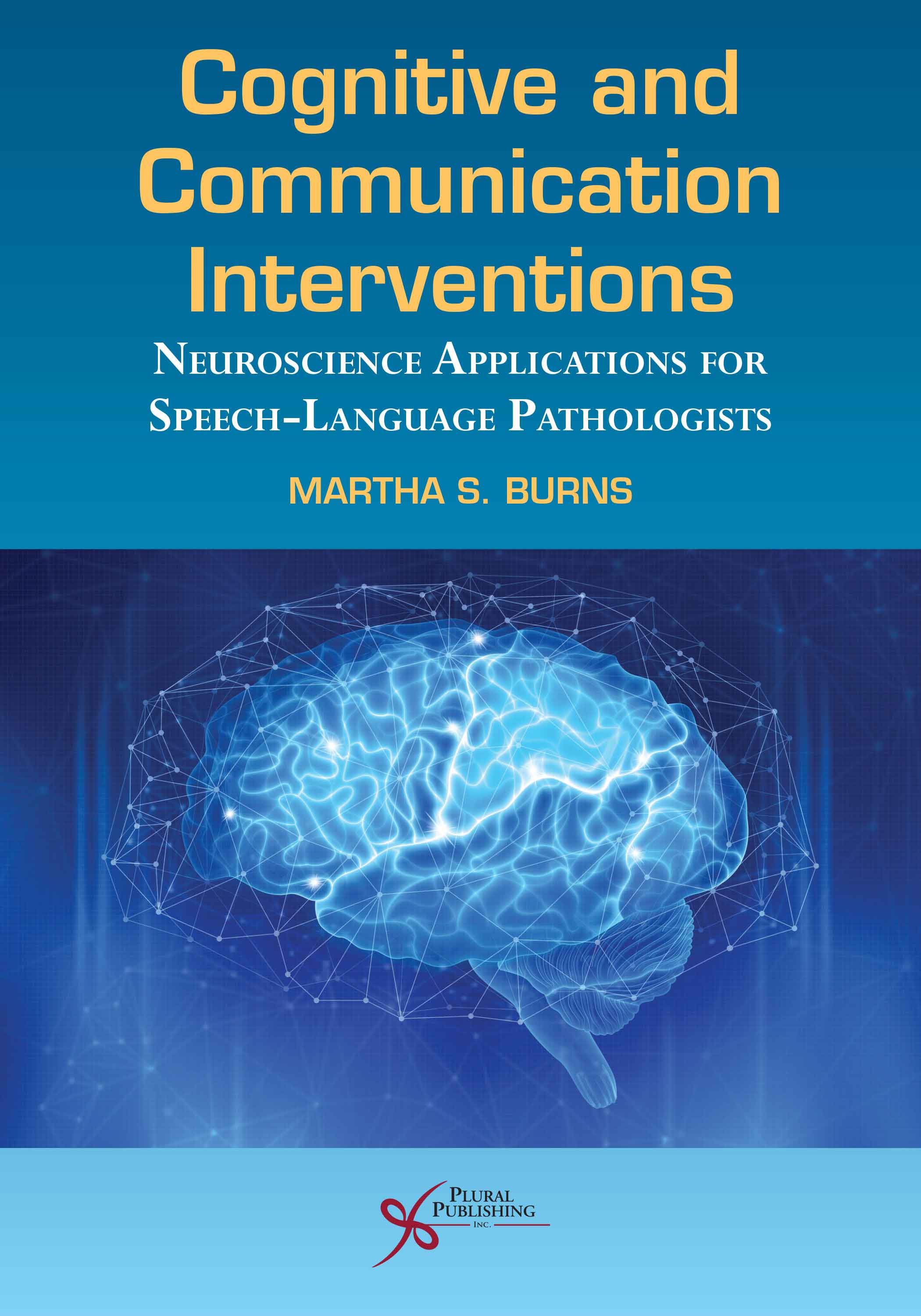
Cognitive and Communication Interventions: Neuroscience Applications for Speech-Language Pathologists
First Edition
Martha S. Burns
Details: 318 pages, B&W, Softcover, 7" x 10"
ISBN13: 978-1-63550-292-3
© 2021 | Available
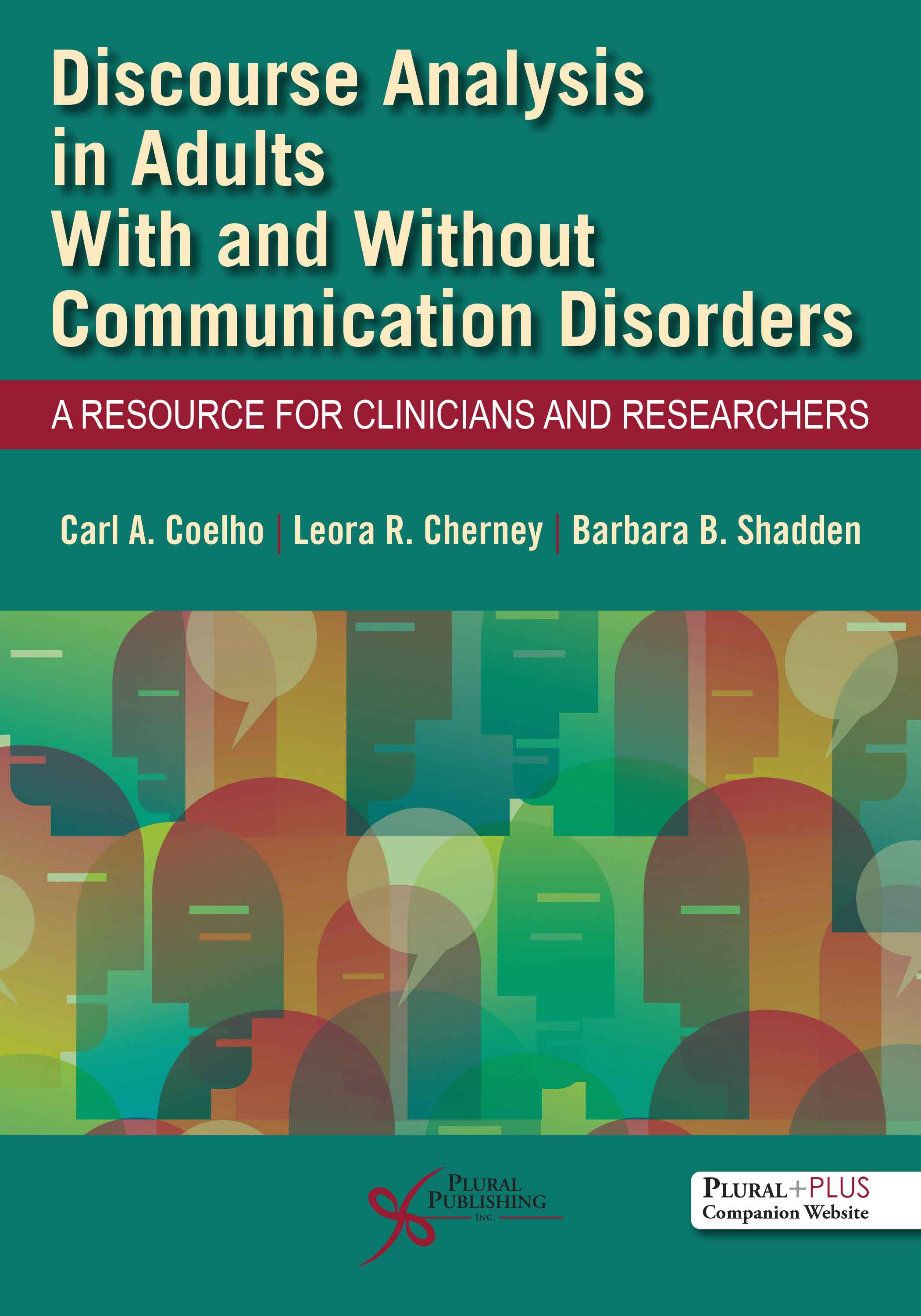
Discourse Analysis in Adults With and Without Communication Disorders: A Resource for Clinicians and Researchers
First Edition
Carl Coelho, Leora R. Cherney, Barbara B. Shadden
Details: 341 pages, B&W, Softcover, 7" x 10"
ISBN13: 978-1-63550-375-3
© 2023 | Available



